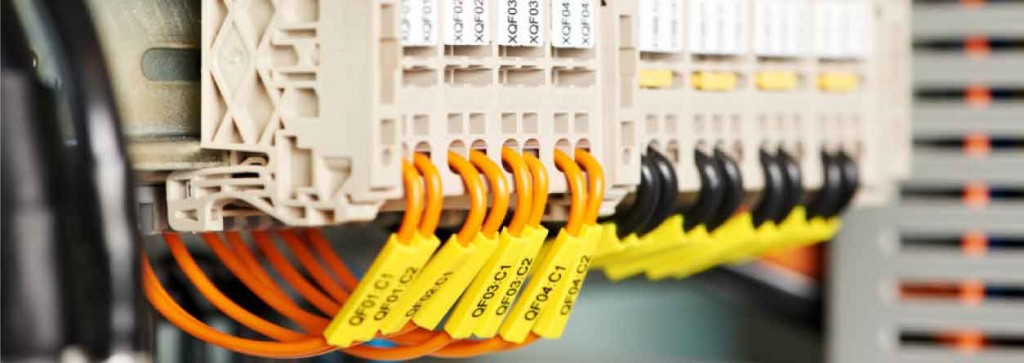 Residential Wiremen work solely in residential settings (single and multi-family dwellings). Major duties for Residential Wiremen include:
Residential Wiremen work solely in residential settings (single and multi-family dwellings). Major duties for Residential Wiremen include:
- Planning and initiating projects
- Establishing temporary power during construction
- Establishing grounding systems
- Installing underground systems (slab/foundation)
- Rough-in (frame stage)
- Installing wire and cable
- Trim out
- Performing “hot” checks
- Troubleshooting and repairing electrical systems
In performing these duties, Residential Wiremen must use many different kinds of tools, ranging from simple ones and two-hand tools (such as screwdrivers and cable cutters) to power-assisted tools like electric drills and screw guns. They occasionally operate heavy equipment such as trenchers.
Over the course of the three-year Residential Wiremen apprenticeship program, apprentices must become competent in many technical areas. A recent job analysis identified 85 specific areas of knowledge that are important for Residential Wiremen job performance.
A few of the most important ones are knowledge of:
- The national electrical code
- How to work with energized circuits
- Blueprints, including symbols used
- Electrical schematic diagrams
- State and local electrical codes
- The principles of grounding
- First aid
- Hazardous materials
- Specific job safety rules
- Proper wire/cable to use in different circumstances
Some of the most important skills to be learned are:
- CPR
- Reading a wire rable to determine conductor size required
- Terminating aluminum or copper cable
- Splicing twisted pair cable
- Terminating twisted pair cable
- Terminating coaxial cable
Contact Northern Nevada Electrical Training Center to learn more about becoming a Residential Wiremen.
